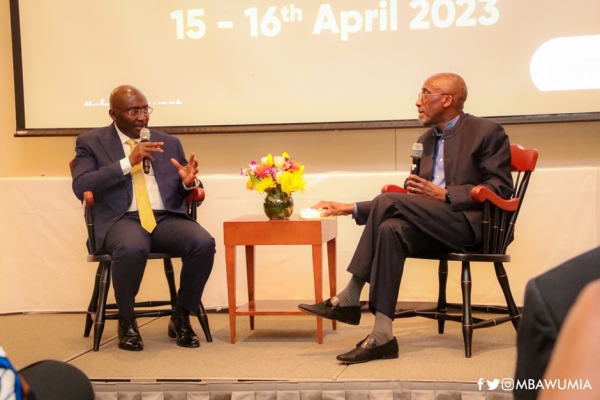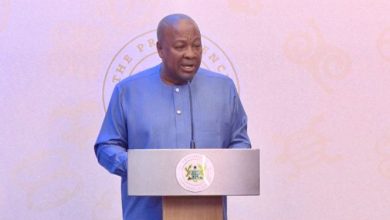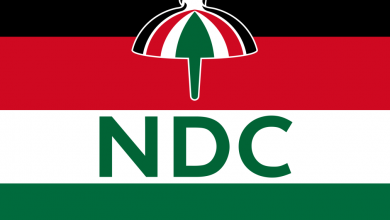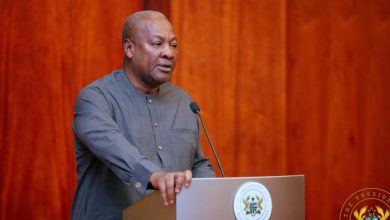Africa’s Participation in the fourth industrial revolution must be based on data and transparent systems – Bawumia

Vice President Dr Mahamudu Bawumia has said one of the setups African countries face in their attempt to transform their economies is the lack of data and transparent systems.
According to him, most countries in the African continent take decisions in the governance and management of their economies without any proper and consolidated data.
This he noted has resulted in economic policies and decisions not realising the expected outcomes.
Dr Bawumia in an address at the 2023 African Development Conference held at the Harvard University in the United States of America said “The reality is that African countries have been trying to transform their economies without data and transparent systems. Governments are taking critical decisions without the being informed by the data”.
He added that “When our government assumed office in 2017, we made the ambitious decision to address all the problems of the lack of unique identity, address systems, etc. immediately and simultaneously. The question was what is the best way to do it?
Our decision was to quickly transform our economy by leveraging on technological innovations as a means to leapfrog the development process, overcome legacy problems, and improve both economic and public sector governance. We chose digitalization as the vehicle and this is why digitalization has been a major area of focus for our government. If data is the new oil, digitization is the most efficient and cost effective vehicle for generating the data”. Without this data African countries will not be able to effectively participate in the fourth Industrial Revolution.
Delving into the key areas of transformation that he noted have been critical to Ghana’s digitisation revolution, Dr Bawumia said the introduction of a biometric national identification system in Ghana has been a game-changer in several ways.
“More than 17 million people (over 80% of the targeted adult population) enrolled in the secured national database. With the Ghanacard, the identity of people (even dead people) can be established using their fingerprints. This is one of the most transformational projects implemented under digitalization. We have solved a problem of providing unique identity to our population. A problem we have lived with since independence 66 years ago. We have also started a pilot and will likely roll out nationwide a system of providing National ID numbers to children at birth from June this year,” he said.
Dr Mahamudu Bawumia mentioned the Property Addressing System, Mobile Money Interoperability, Digitalized Tax Payment System amongst several other reforms that are driving Ghana’s economic growth.










